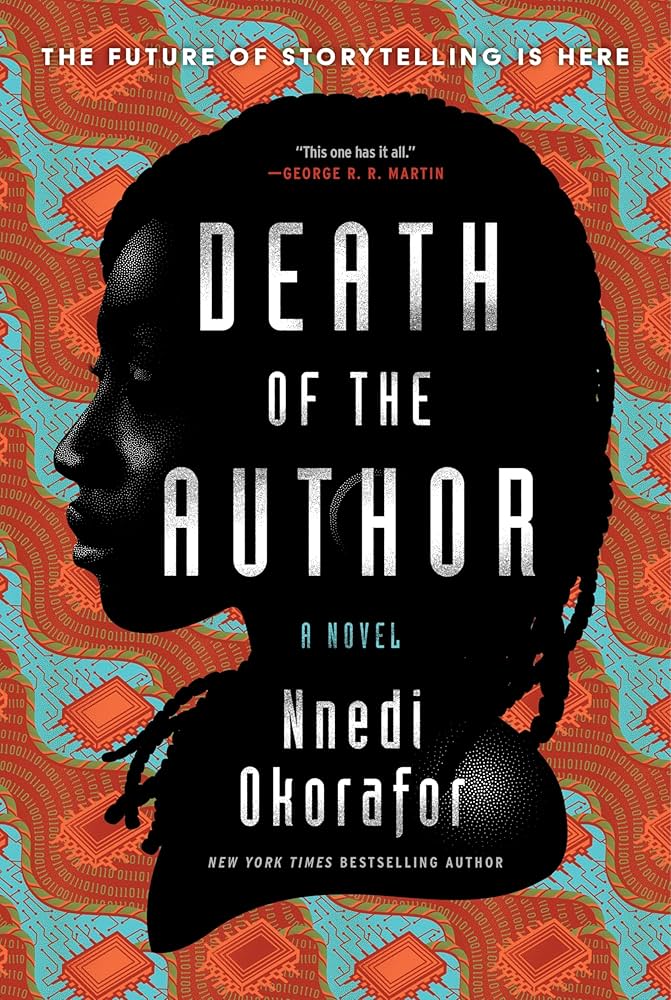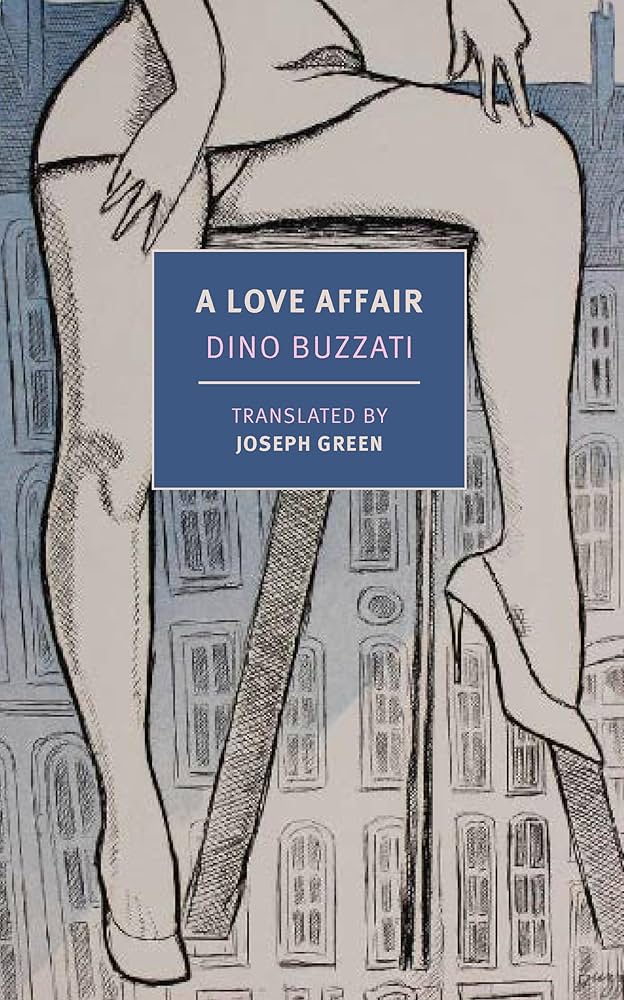My Phantoms will haunt me1. Gwendoline Riley‘s short book about a woman’s relationship with her mother is complicated and impactful. It’s another NYRB banger.
It’s a simple enough premise — Bridget’s parents are weird, and she’s annoyed by them. Her mother is needy, cringey, awkward and imposing. She seems to enjoy the misery of others. She’s mean in passive-aggressive ways. Twice-divorced, extroverted but very lonely. Her recently-deceased father was mean in aggressively-aggresive ways, to Bridget and her sister as well as their mother.
My Phantoms is narrated by Bridget, as an adult, as she tries to navigate the relationship with her aging mother as the mother’s health flags.
Early on, My Phantoms is almost funny. Bridget’s stories of her parents are relatable, and even when their behaviour is despicable, it’s familar and awkwardly amusing in a bit of a backhanded way. At first, I identified with Bridget, from personal experience2 . How do people get this way? Why are some people so difficult to deal with? Are we just destined to be like this? Are there warning signs? Bridget is understandably impatient and frustrated.
But over the course of the novel, things start to come into focus a little, and some answers to these questions start to peek in. As the two main characters gain complexity, there are reveals that suggest Bridget might not be the most reliable source. As Jessica Ferri writes in the LA Times (archive link):
“My Phantoms” feels slight at first. But from the beginning, when we meet Bridget’s dead father in flashback, there is something very sinister under the surface of all the hmms and it’s fines and neverminds, the little sighs and moments of shaking off, the exhaustion of ramming one’s head against the iron will of a person living in complete denial, as if they were already dead.
The book is subtle, meticulously written and demands a careful read. Riley’s short sentences are razor-sharp, sometimes reminiscent of Rachel Cusk or Jhumpa Lahiri.
This review in The Guardian nails it:
My Phantoms is unsettling for many reasons – the way it picks at the scab of unconditional love, the way it interrogates questions of inheritance and influence. More than anything, though, it’s the fact that it chips away at the compact between reader and narrator, asking us to examine the natural bond of sympathy that springs between the storyteller and her audience.
The last two chapters were gutting, and I can’t believe My Phantoms didn’t get more attention when it was published. Gwendoline Riley is a criminally unknown writer (at least in the circles I frequent), and this is a heartbreaking and unforgettable book.
1 yessssss (back)
2 not my family, if someone I know happens to read this. (back)






